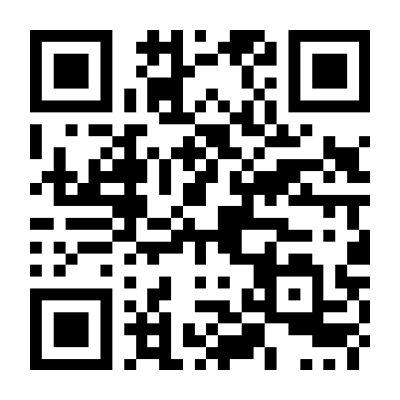单选题
0分
When Andrew Chadwick-Jones, a management consultant with Oliver Wyman in London,went to pitch to a p...
When Andrew Chadwick-Jones, a management consultant with Oliver Wyman in London,went to pitch to a private-equity firm late last year, he l . the usual: about 20 minutes and a brisk attitude. He was surprised to find the private-equity people 2 explaining their strategy, 3 introductions to senior staff and being more open and friendly. 4 money and deals are scarce, they've got to be nicer to all the people they 5 with, in case they might help bring business in future, he says.
Rudeness is out, and civility is the new 6 in an uncertain world. On Wall Street, says a banker, it's now all about charm and openness and taking time with people. Cocky young things StTaight 7 the best business schools have stopped skipping interview appointments, recruiters say, and there is much less 8 people's shoulders at drinks parties, reporis one veteran.
Many people, fearful for theirjobs, are trying to burnish their contacts at other firms. The change in tone also 9 an upheaval in the balance of 10 between companies. 11 the crisis, says Michel Pretie, head of investment banking at Societe Generale in Paris, he would go and see a senior chief executive with a mergers-and-acquisitions 12 , get in for a short 13 and, on the way out, walk past a line of all his competitors. Now, he says, "You're ushered 14 , you get an hour with the CEO and he walks you to your car."
During this crisis, when there is so much uncertainty about who will end 15 having power, the best 16 is to be civil to everyone, says Adam Galinsky of the Kellogg School of Management at Northwestem University. People have more time to be衔endly when business is 17 . Some 18 the new cordiality reflects a 19 that everyone is in the same boat: when some firms have to fire good performers as well as bad, no one is safe. 20 ifpeople at different firms are being nicer to each other, things may not be getting any nicer inside companies.
Rudeness is out, and civility is the new 6 in an uncertain world. On Wall Street, says a banker, it's now all about charm and openness and taking time with people. Cocky young things StTaight 7 the best business schools have stopped skipping interview appointments, recruiters say, and there is much less 8 people's shoulders at drinks parties, reporis one veteran.
Many people, fearful for theirjobs, are trying to burnish their contacts at other firms. The change in tone also 9 an upheaval in the balance of 10 between companies. 11 the crisis, says Michel Pretie, head of investment banking at Societe Generale in Paris, he would go and see a senior chief executive with a mergers-and-acquisitions 12 , get in for a short 13 and, on the way out, walk past a line of all his competitors. Now, he says, "You're ushered 14 , you get an hour with the CEO and he walks you to your car."
During this crisis, when there is so much uncertainty about who will end 15 having power, the best 16 is to be civil to everyone, says Adam Galinsky of the Kellogg School of Management at Northwestem University. People have more time to be衔endly when business is 17 . Some 18 the new cordiality reflects a 19 that everyone is in the same boat: when some firms have to fire good performers as well as bad, no one is safe. 20 ifpeople at different firms are being nicer to each other, things may not be getting any nicer inside companies.
参考答案: C
参考解析: 语义搭配题。根据文中句子and there is much less people's shoulders at drinks parties,reports one veteran.(而且,酒会上 别人的行为也少了很多了,一位职场老手说。)可知在这里只有C项符合文意,故C项为正确选项。【干扰排除】根据句意,A项、B项、D项均不符合,故均排除。

 百度扫一扫练题
百度扫一扫练题
 关注千题库公众号
关注千题库公众号








